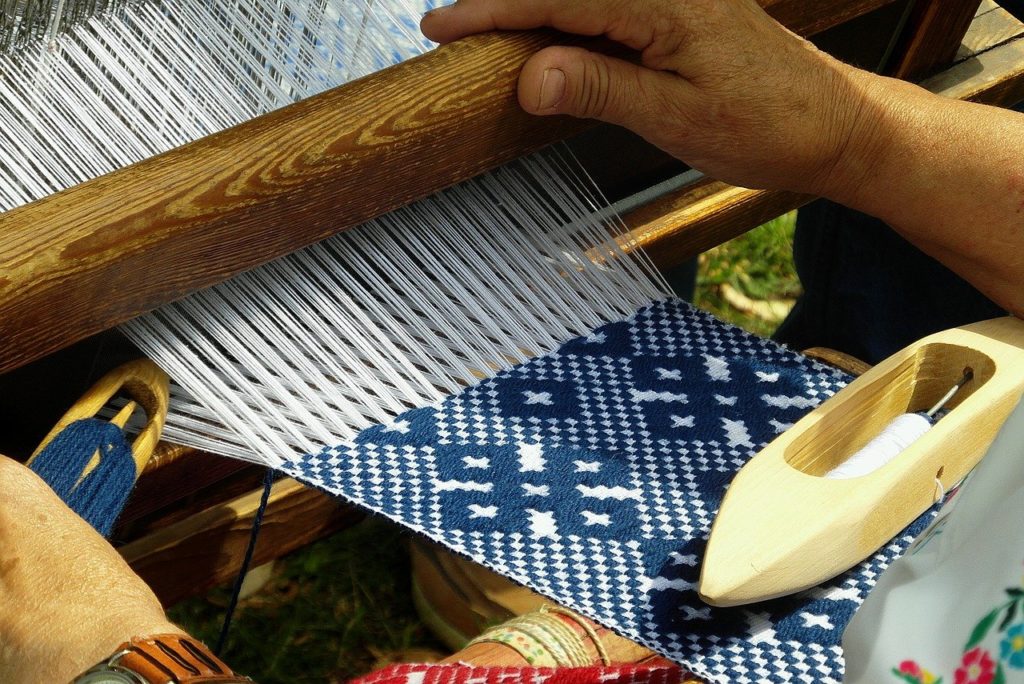Between 2018-2020 a grant was awarded to RE Today Services by Culham St Gabriel’s Trust and The Jerusalem Trust to develop an infrastructure of regional support across 10 regions in England. The aim was to gather and support hub related initiatives through 10 regional ambassadors, under the leadership of a national ambassador. St Peter Saltley Trust has also funded important continuing development aspects of this project.
This project had much success including:
- Increasing networking, communication and information gathering across regions
- Increasing in the number of local groups supporting those teaching RE and practitioners
- Providing platforms for CPD
- Increasing in attendance at local groups due to online meetings
- Increasing in number of NATRE affiliated groups
- Development of a new website Regional Hubs website (to be launched with the new initiative)
The funding was for a two year project and through the evaluation development opportunities have been identified to progress this initial project to better meet the perceived needs in the RE/R&W community over the next three years.
We have developed a Theory of Change to support the next steps for the project as follows:
Overarching Aim and Impact:
The RE/R&W community working effectively together nationally (multi-nationally) and across the regions to support all teachers and leaders of the subject in a sustainable way.
Specific Aims:
To improve communication between teachers, professional development providers and resources, and research communities
To improve connections and interactions between different parts of the RE/R&W Eco-System
To increase accessibility for all teachers to local and regional professional development and research through an information exchange
To enable teachers to teach with greater confidence through their access to the support, knowledge, training and resources available in their region
To create a sustainable long-term model for future provision
Outcomes:
Improved communication between teachers, CPD and resource providers, local/regional adviser networks and research communities
Improved cohesion and strategic operations between different RE/R&W organisations and groups
Improved engagement by teachers with RE/R&W local groups/networks
Increased access to wide range of professional development locally and regionally
Secured long term funding for this project
Improved accountability lines for the project
What does this mean in practice?
In order to work towards these outcomes the following changes will be taking place from November 2021:
- A Steering Group is being created to oversee the project and work on developing a sustainable model from 2024 onwards. This steering group will include representatives of the main RE organisations.
- A new reimagined National Hub Leader role will be developed to lead the Regional Hub Co-ordinators, and to connect different groups and people at the highest level and look for strategic opportunities for working together
- New reimagined Regional Hub Co-ordinators roles will be developed to connect different groups and people at a regional level, and share knowledge from the national level.
- A well-resourced and up to date Regional Hub website, with appropriate administrative role to support and facilitate the information and knowledge exchange requirements.
This development means that the current national and regional ambassador structure and roles have come to an end. All those in these roles have been part of the conversation and have been informed of the changes; we were greatly encouraged that there is overwhelming support for moving the project in this direction. One or two are continuing with some specific events in the next few months, and all working information is being gathered to build on the success of the existing project.
The Steering group have their first meeting in November, and after this more details will be released about the new roles and how the project will work on the ground.
If you have any questions please do contact us.
Kathryn Wright ceo@cstg.org.uk
Zoë Keens zoe@retoday.org.uk

